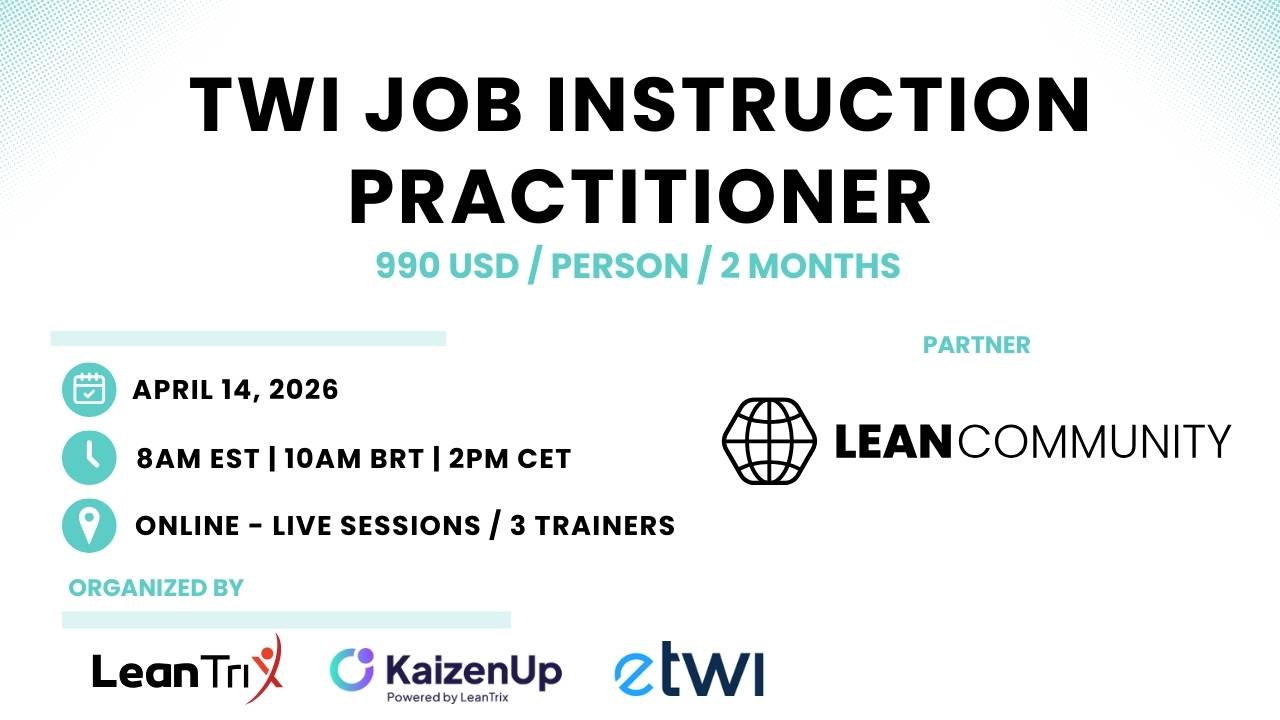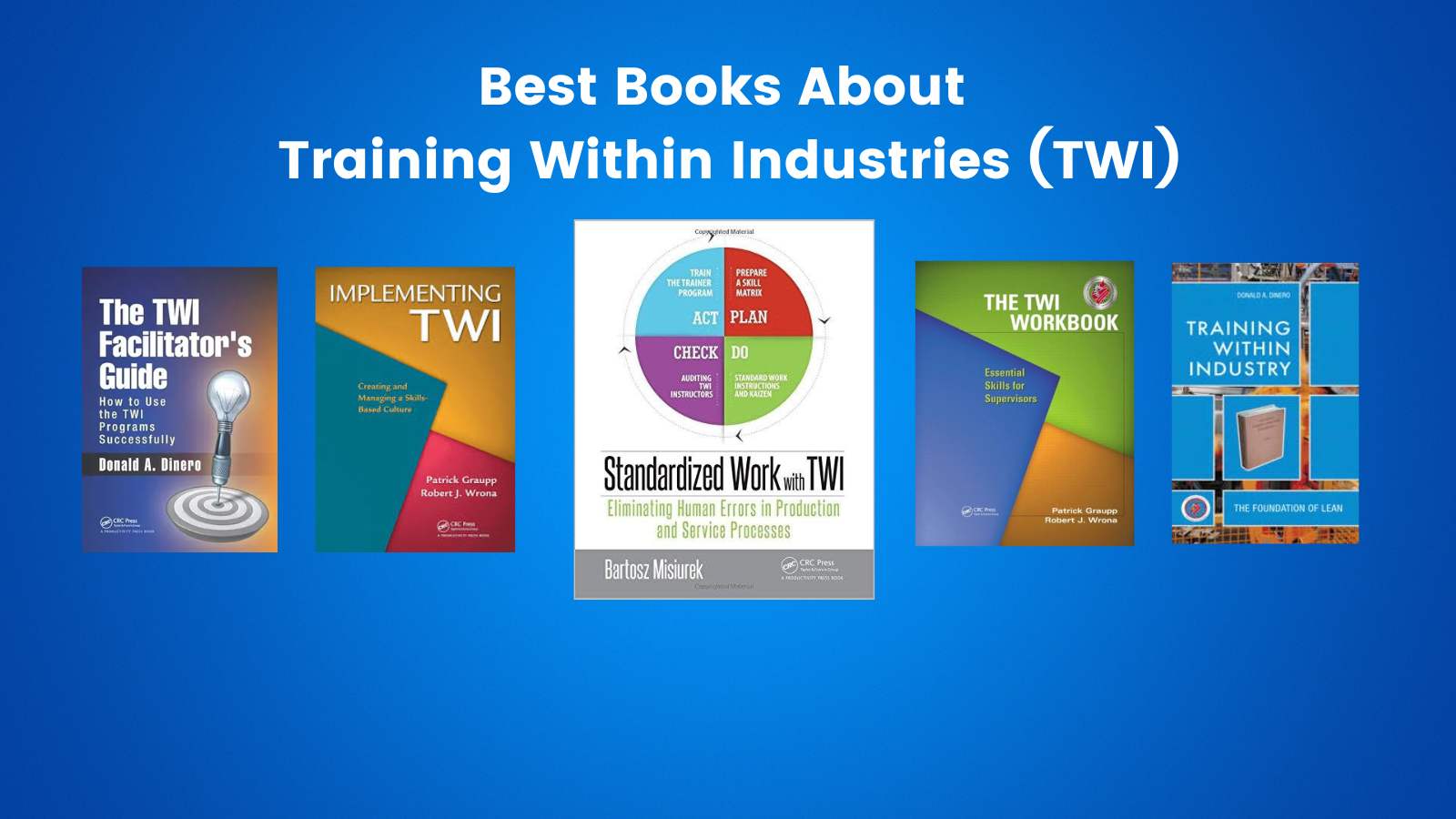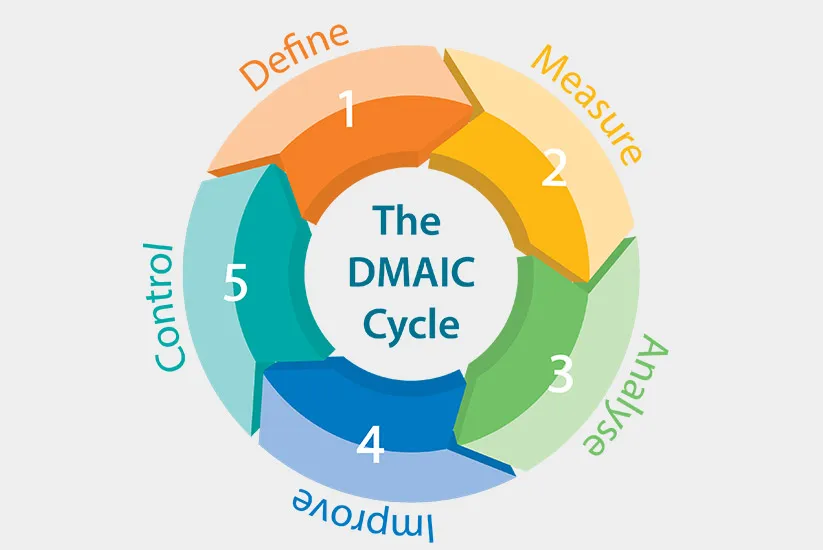Kata and the Toyota Production System have been pivotal in shaping Toyota’s Lean Management System, widely regarded as the gold standard in operational excellence and effectiveness in the business world. The development and evolution of this system stand as a testament to agile adaptation and visionary leadership. To fully appreciate the breadth and depth of Toyota’s success, it is essential to understand its foundational elements. The two primary pillars of this concept are the Toyota Production System (TPS) and the philosophies of Kata improvement and coaching, as articulated by Mike Rother. These components are not only interdependent but also critical in driving Toyota’s unparalleled efficiency and continuous improvement ethos. Kata, with its focus on systematic problem-solving and coaching routines, forms an integral part of Toyota’s operational strategy, complementing and enhancing the principles of TPS. This synergy between structured process efficiency and relentless pursuit of improvement encapsulates the essence of Toyota’s enduring success and its influential role in shaping modern business practices.
Table of Contents
ToggleKata and Toyota: A brief description of systematization
in the early 1950s, the leadership of the fledgling Toyota Company outlined a very ambitious challenge – “to become a world leader in the automotive industry” (“the true north”). At a time when Toyota’s efficiency was almost ten times lower than the average for Detroit’s Big 3 (Ford, GM, Chrysler), it was a very brave and visionary decision that demonstrated strong leadership. The strategic analysis started from the so-called two “Japanese features”, which were associated with hazards and opportunities for both the implementation of the vision and the future of the organization: A very big limitation is the lack of natural resources in Japan, which forces the need to import, and causes significantly higher costs of purchasing raw materials when compared to other car manufacturers.
Toyota Solution
Toyota has found a solution to this problem by reducing other cost items, especially production costs. This is due to the very meticulous elimination of waste (lean manufacturing). Cost rationalization is therefore mainly ensured by the production system (TPS). The second, this time positive and very strong “national trait” is, according to Toyota, exceptional employees. It was mainly linked with the TWI Program.
By making full use of their skills, the company produces cars of better quality and with a higher added value. Therefore, the competitiveness of the organization is ensured by the TQC system (comprehensive quality control), of which two routines are a very important part: kata improvement and kata coaching. They determine the ability to adapt, constantly improve, and fulfill long-term challenges.
Toyota has certainly achieved spectacular success and completed its ambitious vision. It is today the most popular automotive brand in the world, with the highest sales of 9.5 million cars (2020).
Kata and Toyota – Sumarry
It should be emphasized that Toyota’s success is a result of a very strong organizational culture and the connection between the above-mentioned systems: TPS and TQC. Each has a similarly high impact on the organization’s performance and the company’s market position, although, to the amazement of Toyota managers, much more attention is paid to the production system (TPS). In the groundbreaking book “The Machine That Changed the World” (Womack, Jones, Roos), the authors do not mention the role of TQC, which is surprising, and even a “disappointing disadvantage” of this book (opinion of Masao Nemoto). This is because TPS alone will not ensure all the aspects of quality, and will not make the organization capable of adapting the continuous improvement.
Member of the Board and Senior Kata Consultant at LeanTrix | wiktor.woloszczuk@leantrix.com | Website
Over 30 years of experience in Lean Management. He is a psychologist, consultant, trainer, coach and management mentor. He was a Regional Director in leading organizations in the financial industry and participated in the creation of HR and management projects implemented jointly with the consulting BCG Company. Specializes in the development of people, leaders, teams and organizations in the VUCA environment.







